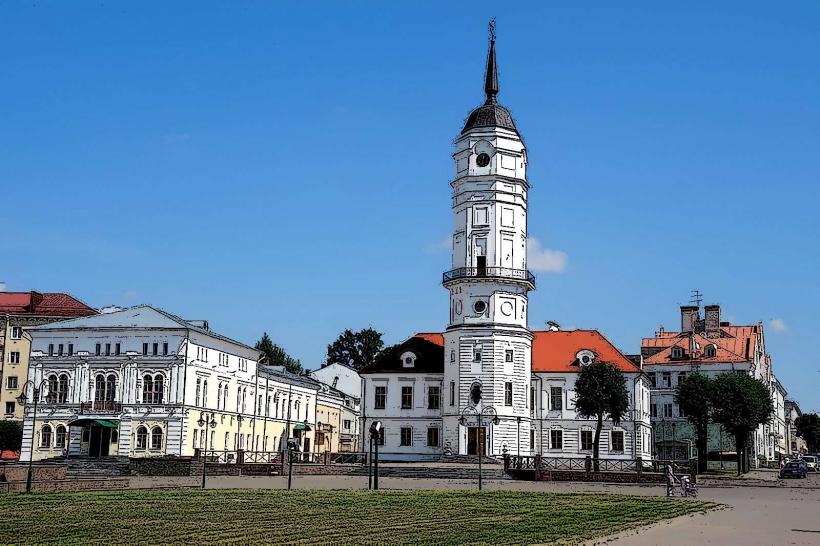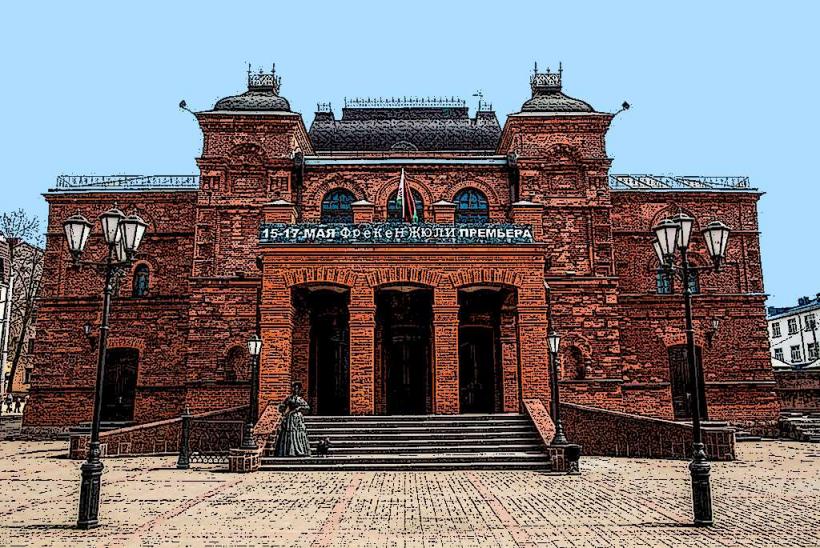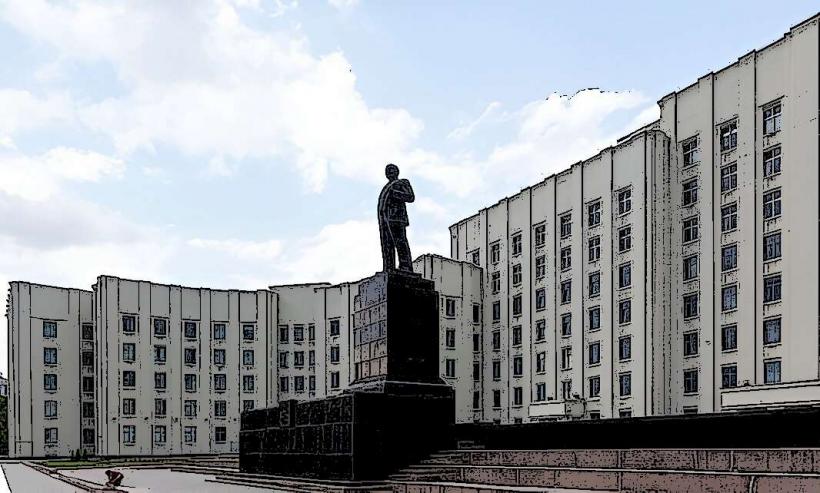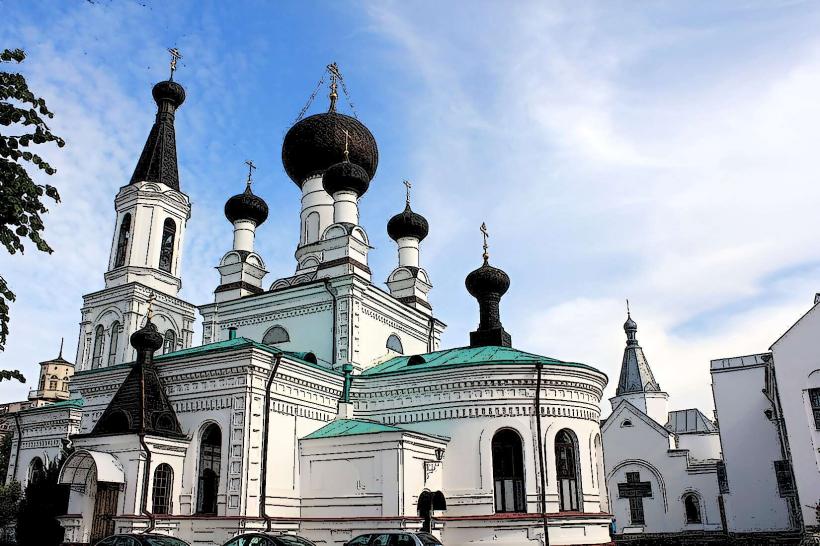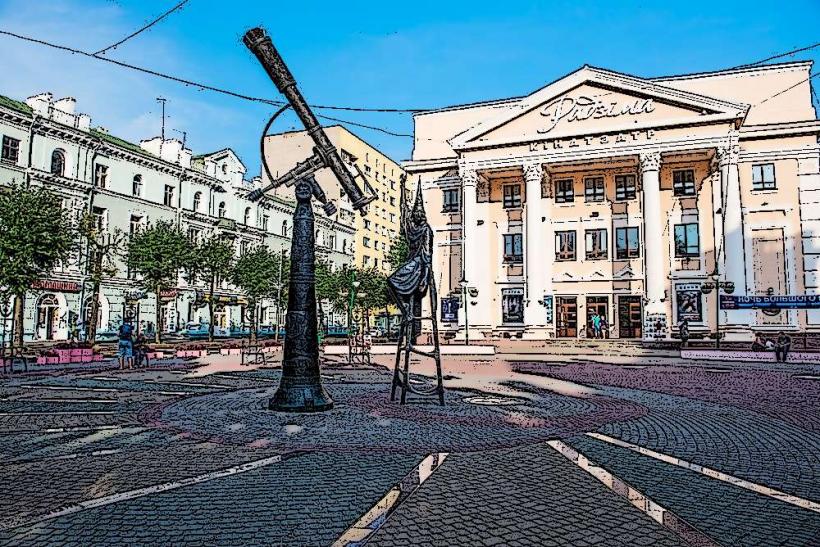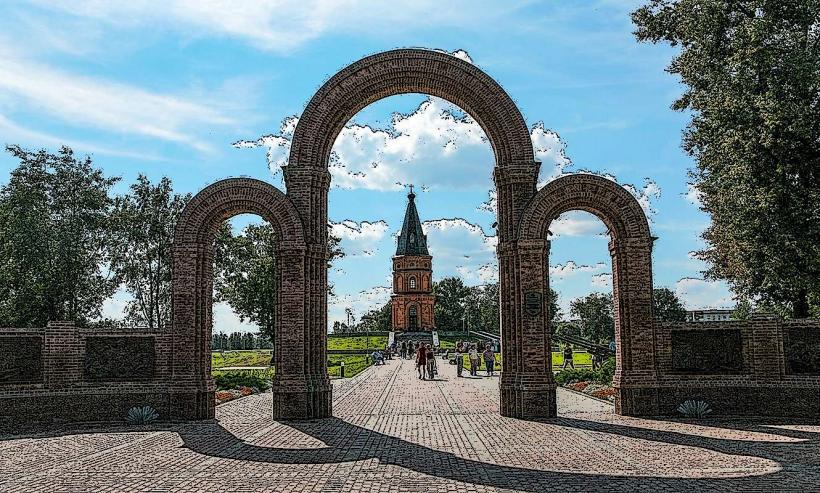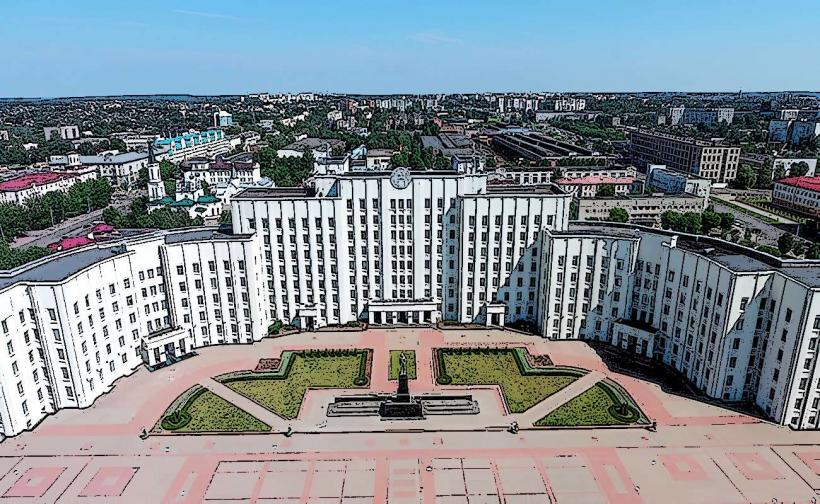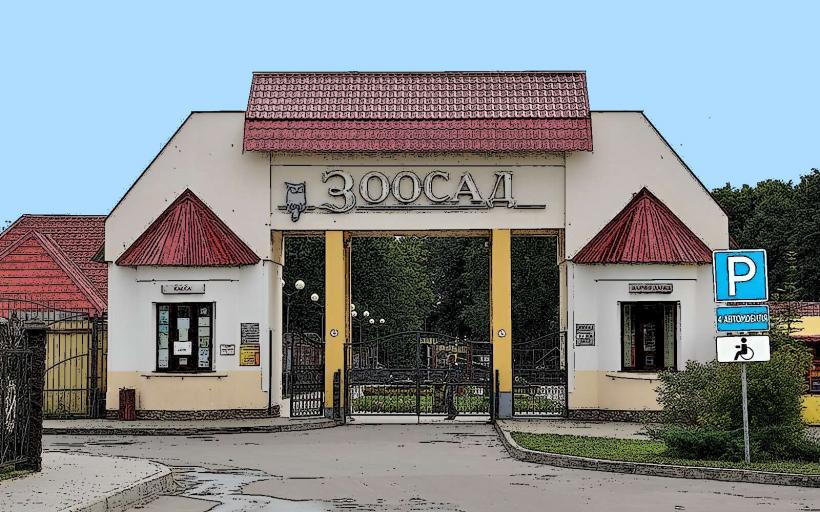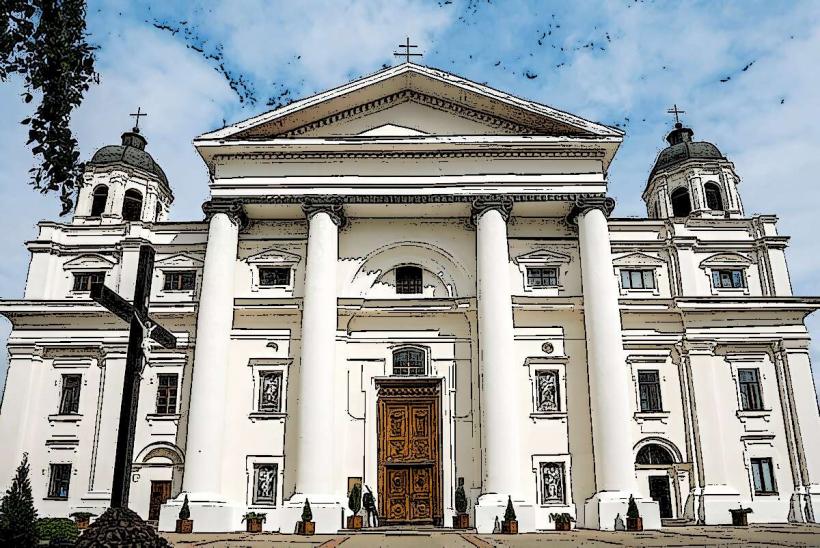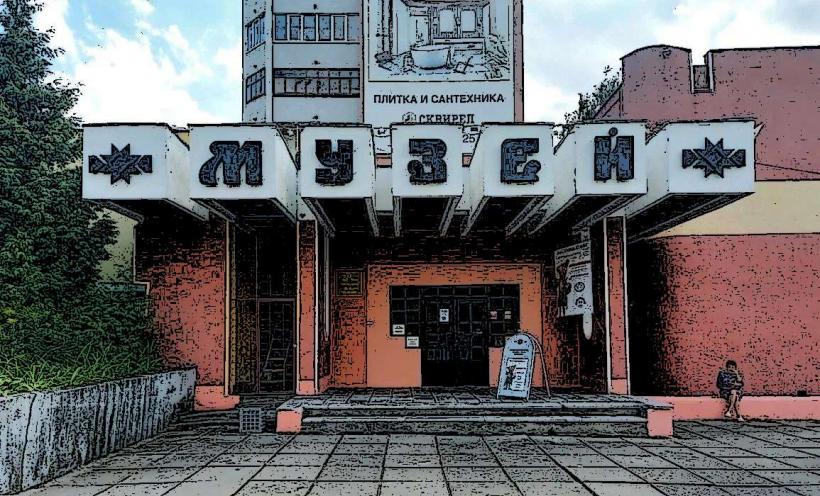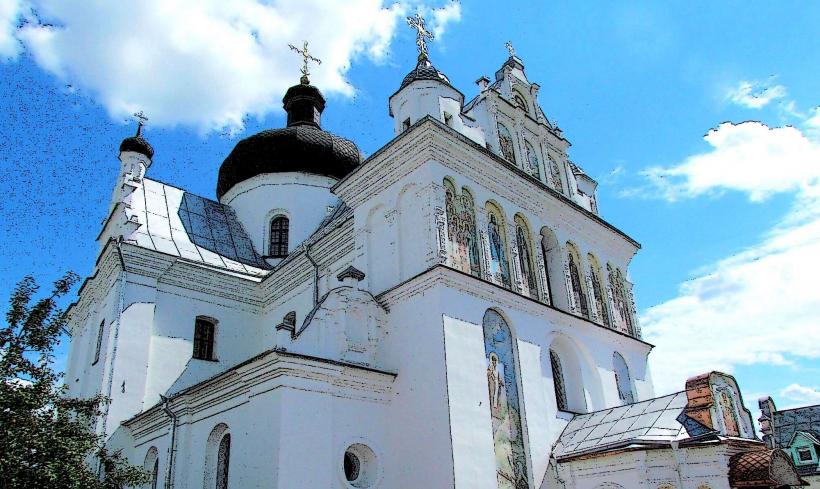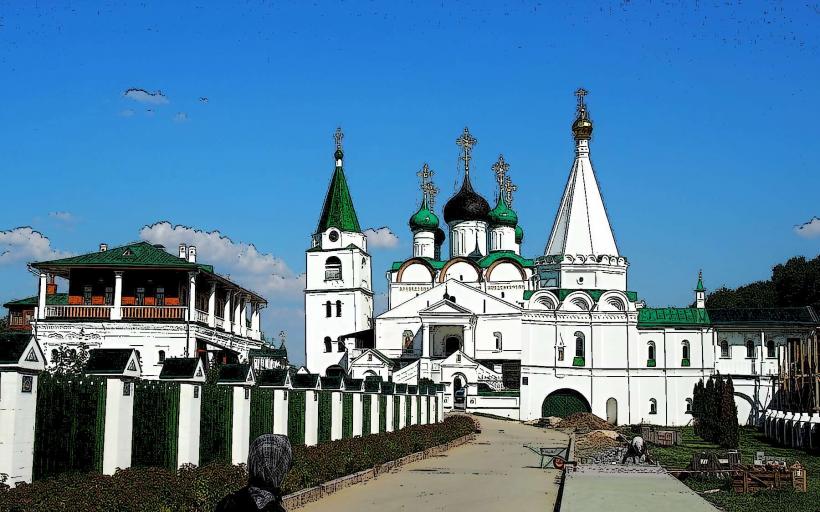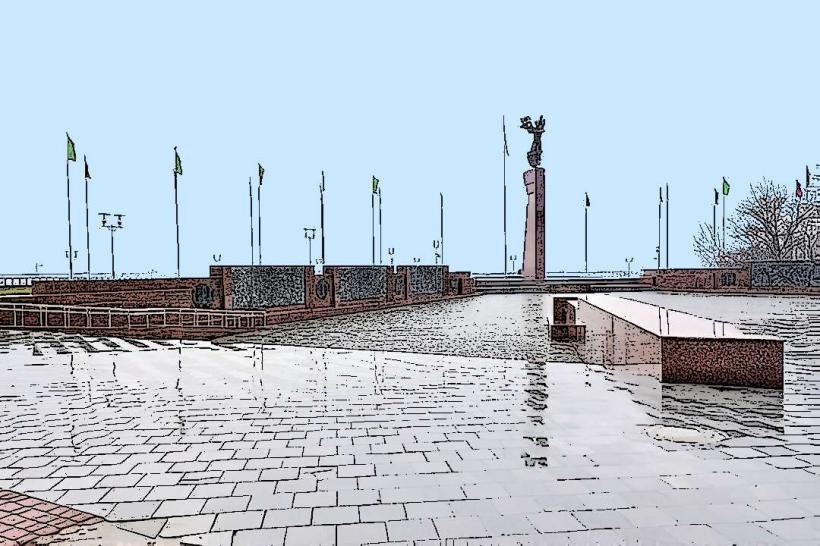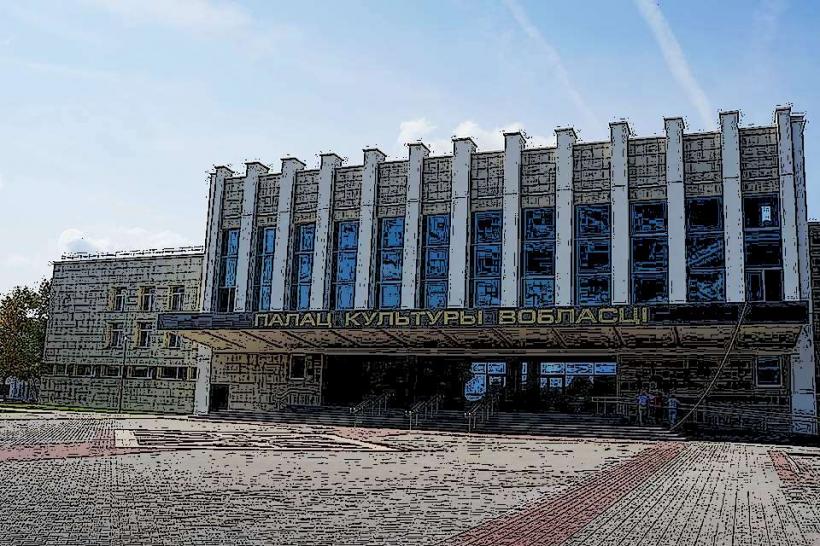Information
Landmark: Mogilev Regional MuseumCity: Mogilev
Country: Belarus
Continent: Europe
Mogilev Regional Museum, Mogilev, Belarus, Europe
The Mogilev Regional Museum (also known as the Mogilev Regional Local History Museum) is a prominent cultural institution in Mogilev, Belarus. It is dedicated to the preservation and exhibition of the region's history, culture, and heritage, offering an in-depth look at the area’s historical development, art, and social life from ancient times to the modern day. The museum is one of the key places for understanding the historical identity of the Mogilev region and its role in the broader history of Belarus.
History:
The Mogilev Regional Museum was founded in 1917 and has since grown to become an important institution for preserving the history and culture of the city and surrounding areas. It was initially established as a local history museum, focused on the ethnographic and cultural heritage of the region. Over the years, the museum's collection has expanded, and it now features a wide range of exhibits covering the history, art, archaeology, and natural environment of the region.
The museum has played a key role in educating the public about the local history and traditions of the Mogilev area, as well as the broader historical context of Belarus and the former Soviet Union. Throughout its history, the museum has had to adapt to changes in political and cultural circumstances, but it has remained dedicated to preserving the cultural legacy of the region.
Collections and Exhibits:
The Mogilev Regional Museum houses a diverse collection of exhibits that cover several aspects of the region’s history, including archaeology, art, local traditions, and natural history. The museum's permanent collections include:
Archaeological Exhibits: The museum has an extensive collection of archaeological artifacts, some of which date back to the Stone Age. These exhibits provide insights into the early human settlement of the Mogilev region, showcasing tools, pottery, and artifacts from different prehistoric and ancient periods. There are also displays related to medieval and early modern history, including items from the Kievan Rus period and the Grand Duchy of Lithuania.
Local History: The museum highlights the social, economic, and political history of Mogilev and the surrounding region. Exhibits include documents, photographs, maps, and objects that illustrate the development of the city over the centuries. There are sections dedicated to the city’s military history, including its role during key historical events such as the Napoleonic Wars and the Second World War.
Ethnography and Folk Culture: The museum has a significant collection of ethnographic items that reflect the traditional lifestyles, customs, and folklore of the people in the Mogilev region. This includes traditional costumes, textiles, household items, and tools that were used by local communities. The museum explores the folk arts of the region, such as embroidery, pottery, and woodworking, which have been passed down through generations.
Art and Iconography: The museum houses a notable collection of art, including paintings, sculptures, and icons. These works represent the development of art in the region, with pieces that span from traditional religious iconography to modern works. The collection includes Belarusian artists and showcases how the visual arts have been influenced by the broader cultural and historical shifts in Belarus and Eastern Europe.
Natural History: There is a section dedicated to the natural history of the Mogilev region, including exhibits on the local flora and fauna, as well as geological and paleontological collections. These displays provide an overview of the region's natural environment, including its biodiversity and the history of its ecosystems.
Memorial and Contemporary Exhibitions: The museum also hosts exhibits related to the memory of significant events and figures in the history of Mogilev. This includes memorial displays dedicated to local heroes, particularly those who fought in the Great Patriotic War (World War II). In addition, the museum regularly organizes temporary exhibits, highlighting contemporary cultural movements, local traditions, and regional art.
Educational Role:
The Mogilev Regional Museum plays an important role in educating the public about the history and culture of the region. It offers a wide range of educational programs, including guided tours, lectures, and workshops. These programs are aimed at schoolchildren, students, and general visitors, helping to bring the museum's exhibits to life and provide a deeper understanding of the region’s history.
The museum is also involved in research related to the history and culture of the Mogilev region, often collaborating with other institutions, historians, and cultural experts to expand its collections and knowledge base.
Modern Relevance:
In recent years, the Mogilev Regional Museum has focused on adapting its exhibitions to address contemporary issues, while still preserving its commitment to historical accuracy and cultural heritage. The museum actively participates in local cultural events and is a key player in the preservation of the region’s history for future generations.
It also embraces modern museum technologies, such as interactive displays and multimedia presentations, to enhance the visitor experience and attract a wider audience.
Conclusion:
The Mogilev Regional Museum is a vital cultural institution in the city, offering a comprehensive view of the history, art, and traditions of the Mogilev region. With its diverse collections covering everything from archaeology and local history to art and ethnography, the museum serves as an important resource for understanding the cultural heritage of Belarus and the broader Eastern Slavic world. Whether for educational purposes, cultural exploration, or historical research, the Mogilev Regional Museum remains an essential part of the city’s cultural landscape.

